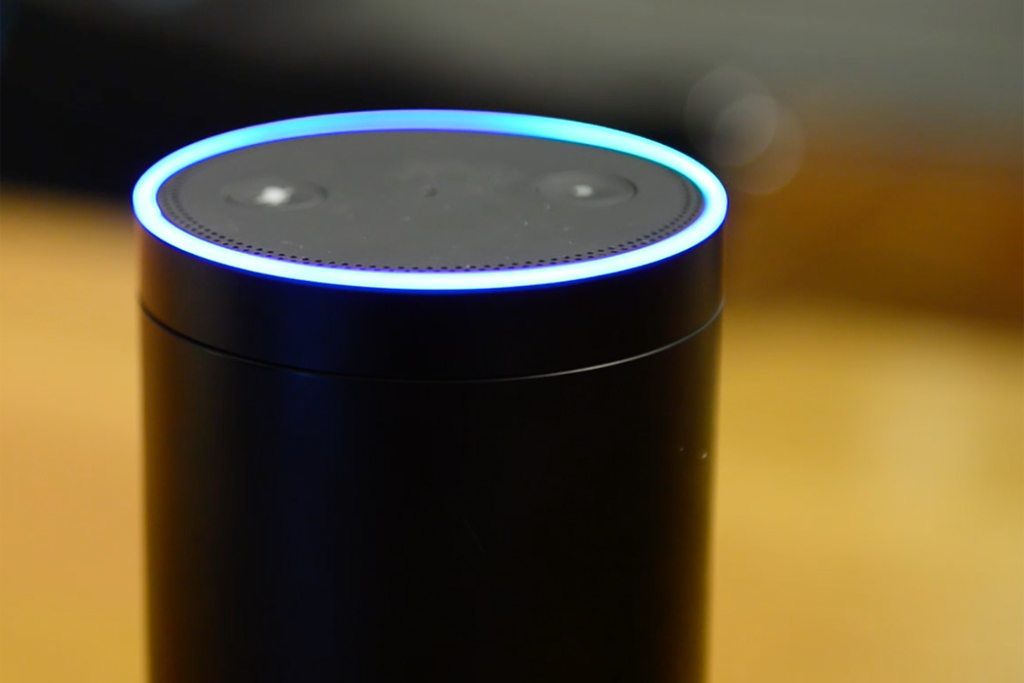Kayak and Amazon Echo Now Offer Voice-Powered Hotel Booking

Skift Take
Kayak is the first online travel player to let shoppers book hotels via Amazon's smart speakers. While the concept has promise, its price comparison process still has to improve before it becomes useful to the average traveler.
It took online travel players like Kayak more than a decade to optimize price-comparison among dozens of sources in a way that appeals to millions of shoppers.
Now, the rise of voice-based search poses a huge strategic challenge. Customer expectations may be shifting.
The brevity that voice search requires incentivizes companies like Kayak to become recommendation or personalization engines that provide only a couple of possible optimal results. That's a departure from the buffet-style approach that players like Kayak, Skyscanner, and Google have taken to date.
Against this backdrop, Kayak has debuted the capacity for its customers to book hotels by talking to Amazon.com's Echo family of voice-activated internet speakers.
The Stamford, Connecticut-based company is the first online travel player to offer the booking of hotels via Amazon Alexa, the persona of the retailer's Echo devices.
But it has been testing Amazon's smart speakers for some time. Since 2016, Amazon Echo users have been able to add a bit of free software to the device to ask Kayak questions like "where can I go next month for $2,000?"
Yet the user experience has been poor. To complete a booking, a user had to re-do the

